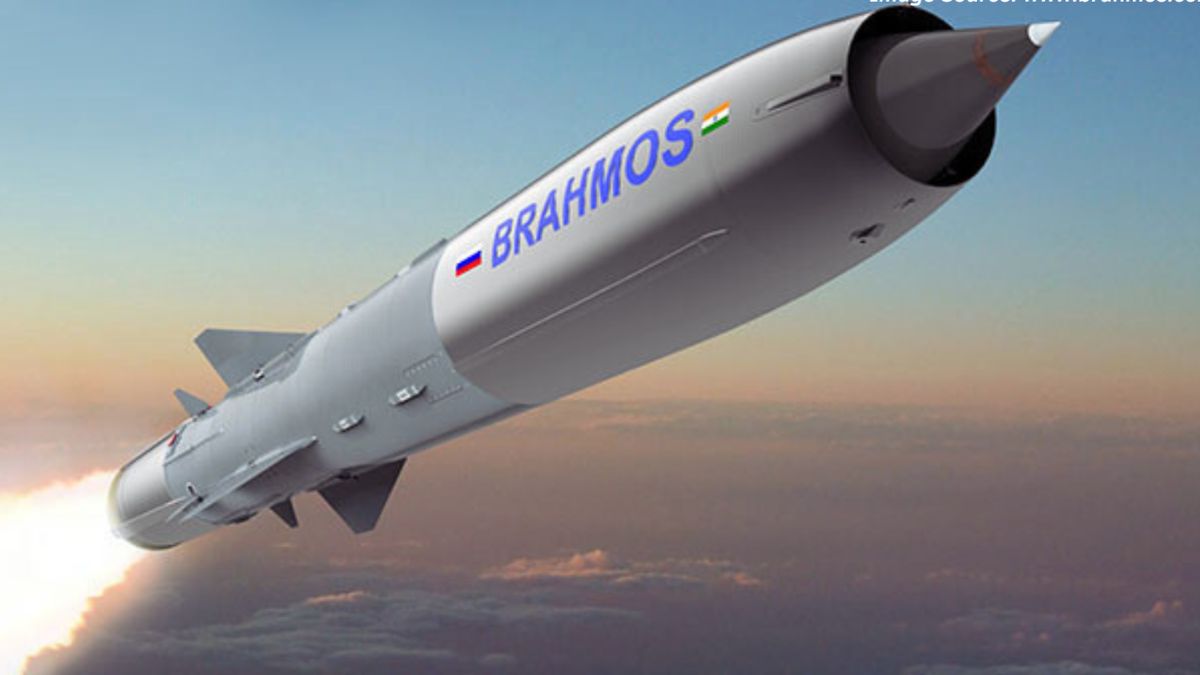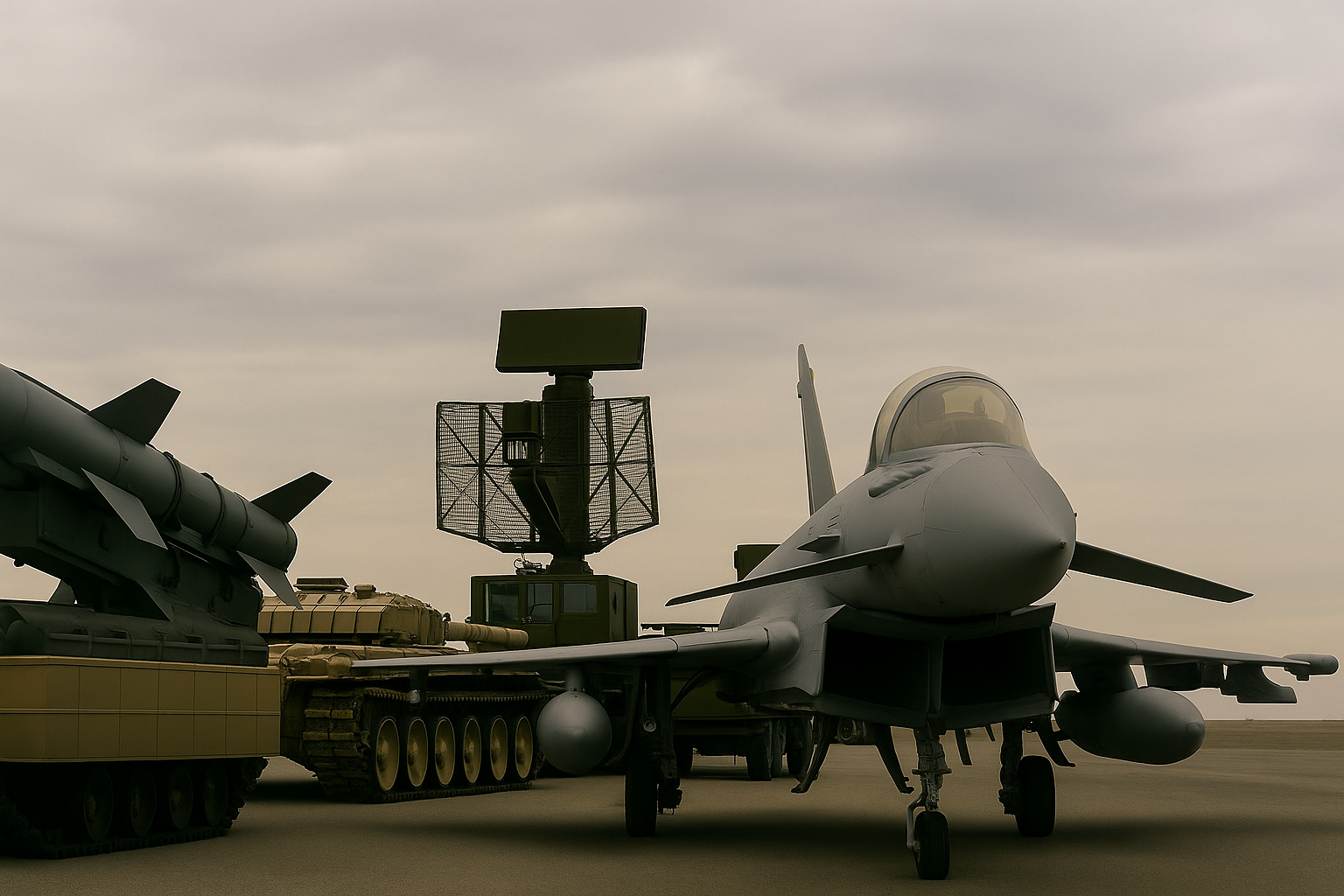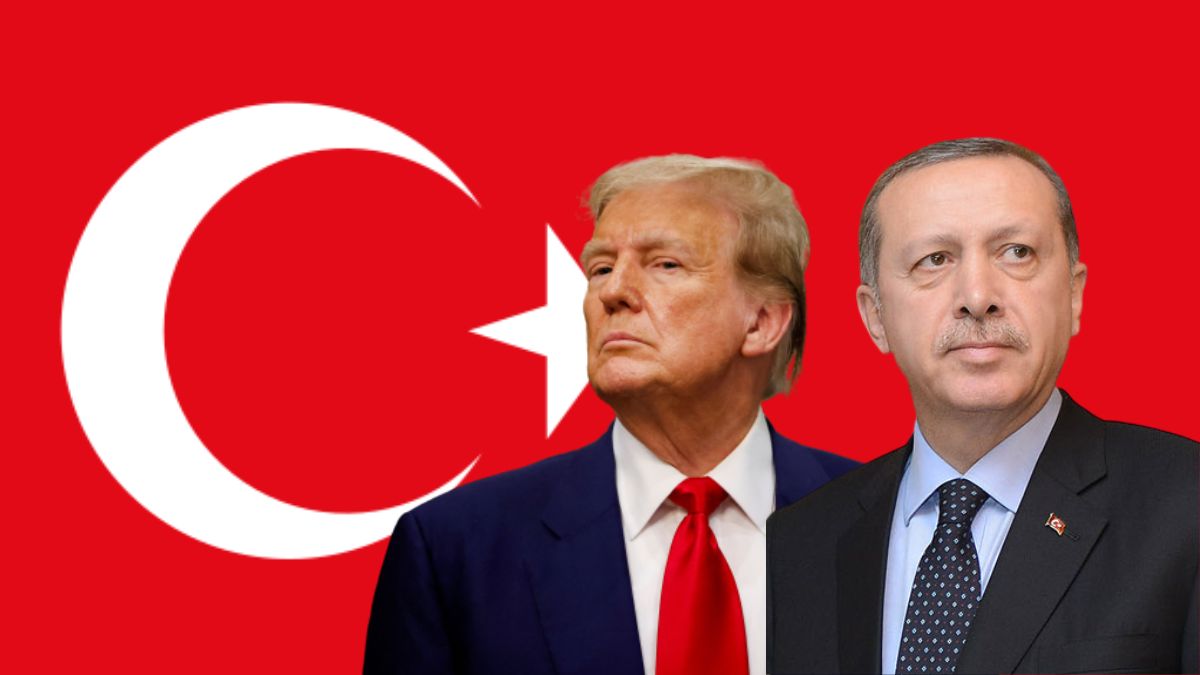Germany Halts Arms Exports To Israel For Gaza Use, Amid European Calls To Recognise Palestine

Germany has shifted its stance towards Israel, halting its arms exports that were being used for attacks on Gaza. Image courtesy: RNA
Germany’s announcement on August 8 that it will suspend arms exports to Israel for use in Gaza marks one of the most dramatic policy shifts in Berlin’s West Asia stance in decades. Chancellor Friedrich Merz’s decision underscores growing unease within Europe over Israel’s military operations in the Gaza Strip, with Berlin breaking from its historically unwavering support for Israel to voice deep humanitarian concerns.
For decades, Germany has been one of Israel’s closest allies, rooted in its historical responsibility for the Holocaust. This relationship has been reflected not only in political solidarity but also in substantial defence exports worth €485 million ($565 million) between October 2023 and May 2025, comprising firearms, ammunition, weapons parts, electronic equipment, and armoured vehicles. Merz’s suspension of military equipment that could be deployed in Gaza is therefore a significant diplomatic rupture.
What prompted Germany to take this call against Israel?
The move comes in direct response to Israel’s plan to take control of Gaza City, a strategy Merz argued makes it “increasingly unclear” how the stated goals of disarming Hamas and freeing hostages will be achieved.
He emphasised that humanitarian suffering in Gaza had reached “unbearable” levels, echoing growing sentiment among the German public, two-thirds of whom, according to a recent ARD poll, want Berlin to exert more influence on Israel to change its military approach.
Israel’s reaction was swift and sharply critical. Prime Minister Benjamin Netanyahu accused Germany of “rewarding Hamas terrorism” and undermining Israel’s “just war” against the group responsible for the October 7, 2023, attacks, the deadliest assault on Jews since the Holocaust. Germany’s Central Council of Jews also expressed disappointment, urging the government to reverse its decision.
However, Berlin’s stance aligns with a wider European trend of reassessing unconditional support for Israel. France, Britain, and Canada have already announced plans to recognise a Palestinian state in September—a move Germany has resisted so far, maintaining that recognition should follow negotiated peace. Nonetheless, Merz’s announcement adds to the mounting diplomatic pressure on Israel, even as Berlin continues humanitarian airdrops over Gaza.
Why is this German decision a critical one?
The decision also comes amid heightened European concern over Israeli settlement policies, particularly after a recent Israeli parliamentary motion backed by 71 members, many from Netanyahu’s coalition, called for annexing the occupied West Bank. Merz warned Israel against any such steps, signalling that Berlin’s red lines are expanding beyond Gaza.
Critics warn that this policy could strain defence ties. The German-Israeli Society pointed to the €3.5 billion Arrow-3 missile defence deal, cautioning that retaliation from Israel could undermine Germany’s aerial defence plans. This highlights the delicate balance Berlin must strike between its security interests and moral stance on the Gaza conflict.
Is Germany aligning with the overwhelming European sentiment?
Germany’s pivot does not yet match the bolder steps of other European nations, but it reflects a gradual erosion of the diplomatic shield Israel has long enjoyed in Europe. With famine warnings in Gaza, increasing civilian casualties, and rising international calls for Palestinian statehood, Berlin’s decision could foreshadow deeper fractures in Western support for Israel, especially if the humanitarian crisis worsens and military escalation continues.
By suspending arms exports for Gaza operations, Germany has placed itself in the middle ground: signalling disapproval of Israel’s tactics while avoiding outright recognition of Palestine. But as European capitals move towards recognising Palestinian statehood, the question is how long Berlin can maintain this cautious position without being pulled further into the shifting diplomatic currents of the conflict.







